Academic Environment
THE CONCERNS WITH EDUCATIONAL PSYCHOLOGY
activity
0 Comments
WHAT IS EDUCATIONAL PSYCHOLOGY?We cannot pretend to know educational psychology before we know what is psychology. What is psychology?Psychology is defined as the scientific discipline that studies animal and human behaviour and mental processes. As a science, psychology is used in the understanding of behaviour, prediction of behaviour and control of behaviour. Behavior can be defined as anything we do, such as thinking, talking, sneezing, sleeping, loving and so on. Behavior psychology has many branches and approaches. The following are some of the branches of psychology:
Definition of education psychologyLooking at these branches of psychology, we can deduce that educational psychology is one of those branches of psychology. It is one of the newer branches of psychology which is slightly over a century old. [Woolfolk, 1998]. Educational psychology is defined as an applied branch of psychology concerned with the application of the principles and techniques of psychology to the solution of the problems confronting the teacher an the classroom. [Gage/Berliner, 1992] Educational psychology is also defined as the study of what people think, do and feel as they teach and learn in a particular environment where education and training are intended to take place [Woolfolk, 1998]. As an applied branch of psychology, Educational psychology focuses on the psychological study of everyday problems of education from which the teacher derives principles, models, theories, teaching procedures and practical methods of instruction and evaluation. This involves the selection from the total field of psychology of those facts, principles and techniques, which relate to the teaching-learning process as they operate in and out of the classroom. Although Educational Psychology borrows heavily from psychology, it has evolved as a distinct science with its own methods and theories
HOW CAN I CREATE A GOOD LEARNING ATMOSPHERECreating a good learning atmosphere/environment is part of the learning process that affect and effect the absorption content the learner is about to learn. A good learning environment requires motivation, concentration, willingness and free from distractions that may be caused by the physical and psychological environment. Allow me to classify the conditions you require to make a good atmosphere for learning as either physical or psychological. Physical aspects deals with the conditions that are tangible or visible to change. And psychological for aspects that affect the mindset of the learner that the learner needs to train himself to control or manage. Physical Aspects
Psychological Aspects
nECESSARY TIPS01. CREATE A DISTRACTION FREE ENVIRONMENT
Andre Agassi is a retired American professional tennis player and former World’s No 1 in competitive sports. Throughout his career, no one was allowed to touch his tennis bag during a match. Later, in his autobiography Open, he explained that when there is disorder in his bag, there were distractions in his mind.
To improve your focus in anything (for your case, studies), creating your environment is something you want to take seriously. Removing distraction doesn’t only improve your focus, it also helps overcoming procrastination so you can practice, learn, and perform at a peak mental and physical states. 02. Practice under examination conditions
In 1940 Mikhail Botvinnik placed 5th in the USSR Chess championship. He was disappointed, and attributed his loss to the difficulty of concentrating in a ‘party like atmosphere, filled with noise and tobacco smoke’. Instead of sitting there and feeling sorry for himself he did something about it.
He practiced: Not any ordinary practice. He practiced while getting his opponent to blow smoke in his face. He practiced with the radio on. He slept in the practice room with the windows closed. Next competition was for the Soviet Championship. Not only did he win, he won convincingly! He won because he practiced in match conditions and was better prepared than his opponents. The best way to study for exams inspired by Mikhail Botvinnik would be:
03. Attempt all revision exercises in curriculum books and past examinations
I tried this myself when I was in high school. It works magic because I could meet all the learned questions in examinations.
The brighter side of this approach is that you see improvements almost immediately this builds self confidence and intrinsic motivation as you work your way to the top. It all requires you to practice every revision test available in your curriculum text book and any past revision examinations your hands can reach and finally involve your subject teacher in case of difficult questions. Just by using this method, I led in Chemistry and Physics in the final examinations in my school and I was also third in mathematics on overall performance. 05. Plan your exam day
Make sure you get everything ready well in advance of the exam. This includes tools such as mathematical sets, logarithm tables, pens, pencils, geometrical sets, rulers etc. Don't leave it to the day before to suddenly realize you don't know the way, or what you're supposed to bring. Check all the rules and requirements, and plan your route and journey time. If possible, do a test run of the trip. If not, write down clear directions.
Work out how long it will take to get there - then add on some extra time. You really don't want to arrive having had to run halfway or feeling frazzled from losing your way. You could also make plans to travel to the exam with friends or classmates, as long as you know they're likely to be punctual. 06. Don't be afraid to fail, don't give up. Be the smartest/hardest worker in the room
When he was 15, Jack Andraka had a crazy idea. He would create a diagnostic test for Pancreatic Cancer that was better than the tests developed by scientists, research labs and billion dollar pharmaceutical companies.
Jack wrote a proposal to develop a better test. 199 research labs rejected him. I’ll repeat that — 199 labs REJECTED him. Good thing he didn’t give up. The 200th research lab — at Johns Hopkins University in Baltimore — accepted him. At the lab Jack Andraka developed a Pancreatic Cancer test 100 times better and 26,000 times less expensive than the current test. Jack’s invention will save tens of thousands of lives. 07. Be consistent and determined to shine, no matter what.
Carlos Tevez Speaking of Christiano Ronaldo
"Cristiano always stopped in the gym after training: for him it is an obsession and, being the best in everything, he always arrived at work early." The former United striker went on to add that no matter how early he tried to report for club duty, Ronaldo - now plying his trade in Italy with Juventus - was always the first one through the doors. "When the training was set for nine in the morning I arrived at eight and he was already there. "Even if I arrived at 7:30 he was already there. "I began to ask myself, ‘How can I get rid of this guy?’ So one day I arrived at six but he was already there! Sleepy, but he was there." ~Ronaldo has won the Champions League five times, along with multiple domestic titles in England and Spain, he has also won five Ballon d'Or awards
If you want to be a success in examination tests, be like Ronaldo.
Works Cited
|
RSS FEEDS
ARCHIVES
Archives
May 2024
CATEGORIES
Categories
All
|
We Would Love to Have You Visit Soon! |
Hours24 HR Service
|
Telephone0728 450425
|
|
8-4-4 materialsLevels
Subjects
|
cbc materialsE.C.D.E
Lower Primary
Upper Primary
Lower Secondary
Upper Secondary
|
teacher support
Other Blogs
|
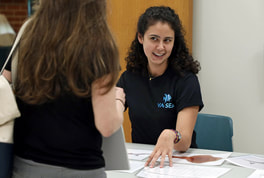
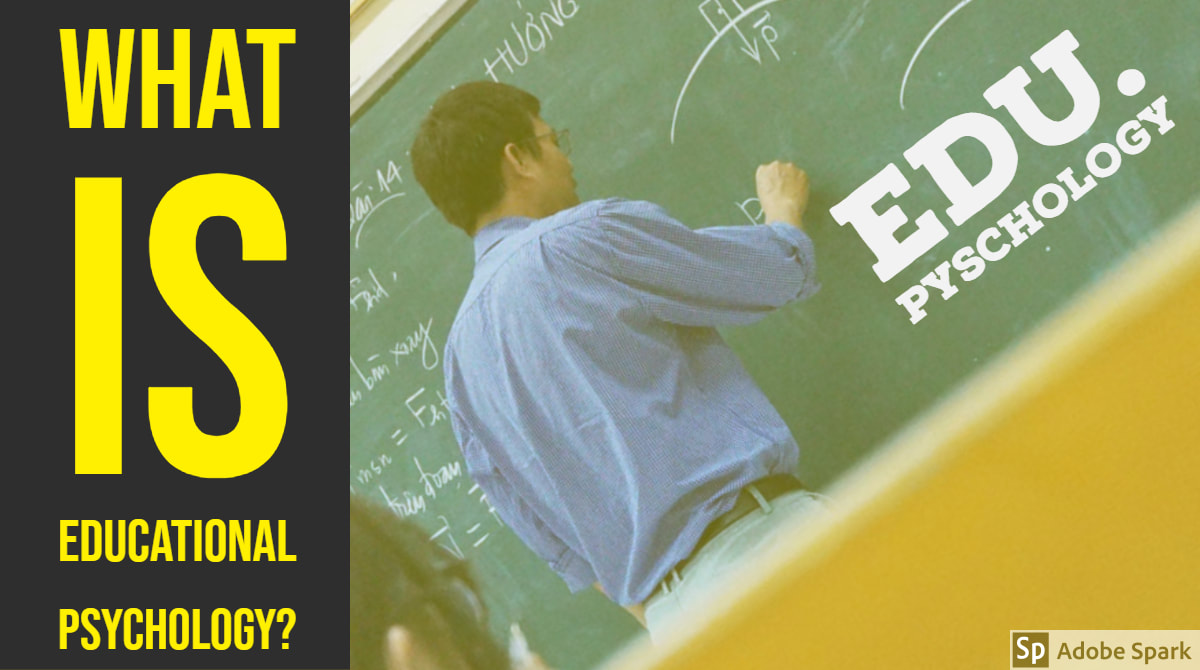
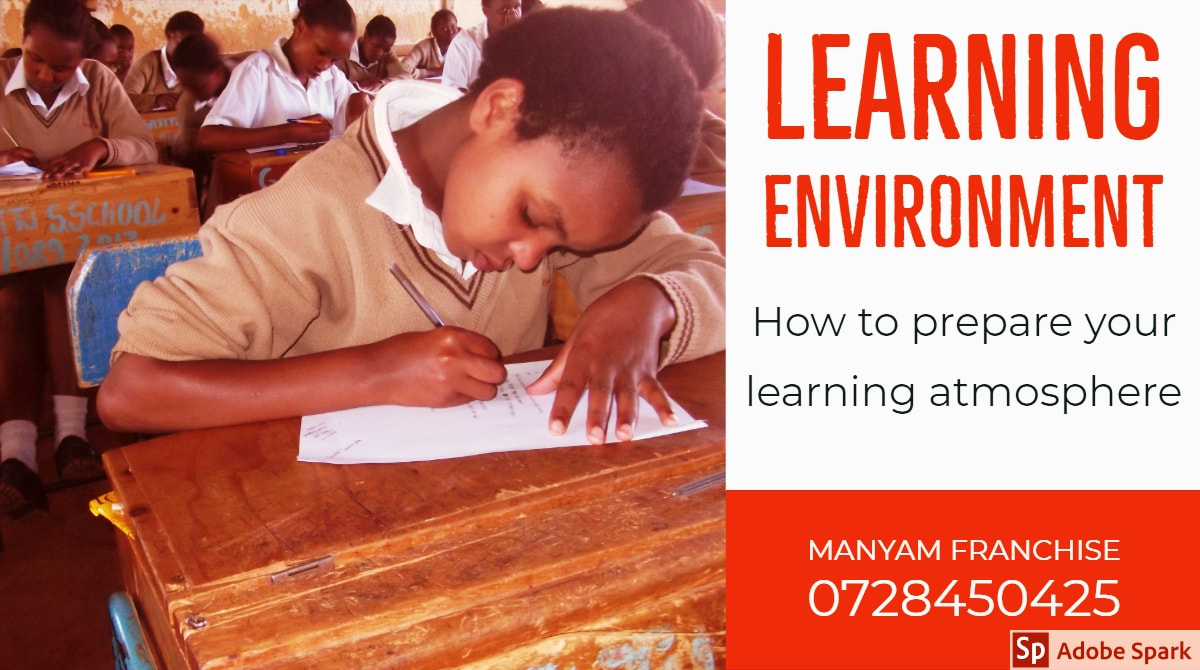

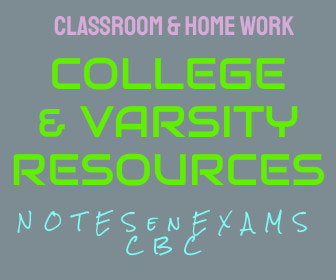
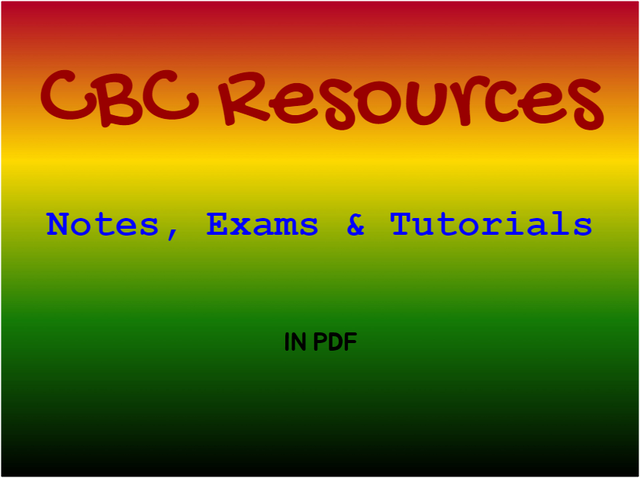
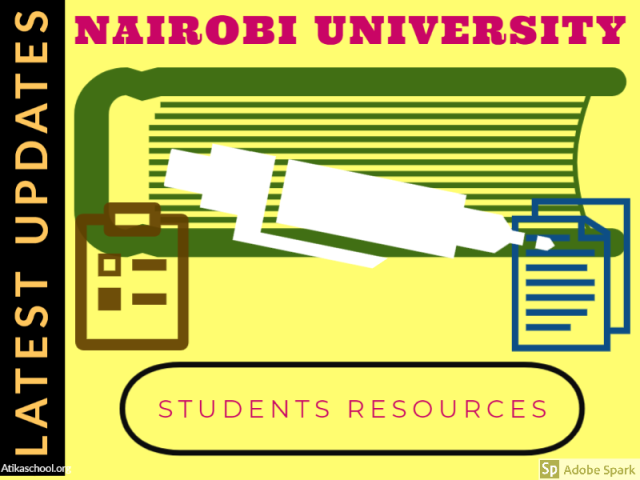
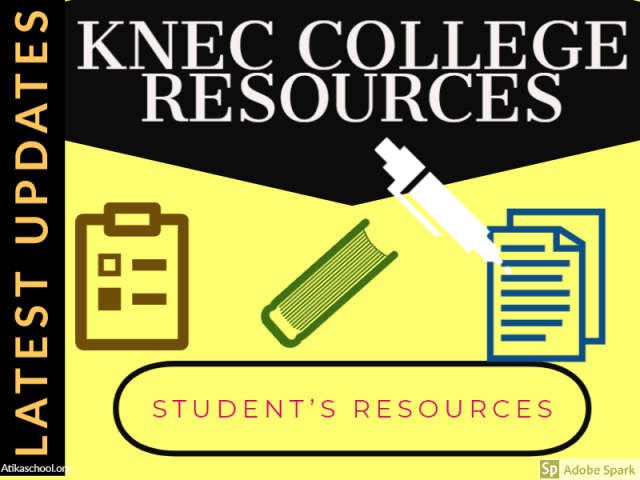


 RSS Feed
RSS Feed